In recent days, we witnessed an escalation of Russian attacks on Ukraine. Do you think there could be a connection to the Belgorod attack? What might be Russia's objective?
Let's flip the narrative a bit. Technically, Russia's air campaign has been underway for some time, although it hasn't garnered much attention in the Western press. Russia's intense offensive has been ongoing since around mid-December, targeting Ukrainian military infrastructure with increasing effectiveness, including the country's electrical grid. The impact of these attacks prompted Ukraine's strike against Belgorod, specifically targeting the civilian population. The attack on Belgorod can be seen as Kyiv's response to successful Russian assaults. Subsequently, despite allegedly facing a depletion of missile stockpiles again, Russia decided to escalate its attacks.
What is the reason for the escalation in Russian attacks? Could it be related to the diminishing financial assistance and Western arms supplies? Or is it perhaps connected to the restructuring of the Russian army?
I believe that, following last summer's successes in Ukraine, Russia's military plan remains essentially unchanged, continuing to operate according to the principles established at that time. General Sergei Surovikin withdrew Russian paratroopers from their untenable position beyond Kherson and shifted the defensive line to the other side of the Dnieper. Since then, it's evident that Russia's objective is to wear down various aspects of the Ukrainian state, be it the army, the economy, or the resistance of society. In essence, Russia's efforts are focused on exploiting the West's narrow-mindedness and short-term focus, aiming to force Ukraine and its supporter - the West - into a struggle where Moscow's resources and advantages prevail over those of the West. We hear countless stories on how the West's economy is so much bigger than Russia's, but this is completely irrelevant, because the West has not made any strides in the military-industrial field recently, apart from a few minor developments. The United States, for instance, is trying to increase the production of artillery ammunition and Europe has accelerated certain procurements, but apart from this, there is no significant rush or development on the scale that we have seen in Russia.
So basically, what we are seeing now is the result of the Russian strategy working, and that the West is getting tired of supporting Ukraine, financially, militarily, societally. The Russians are seeing this and are upping the pressure on Ukraine.
Whether this would have happened without the decline in support from the West is hard to say, but I think it would have.
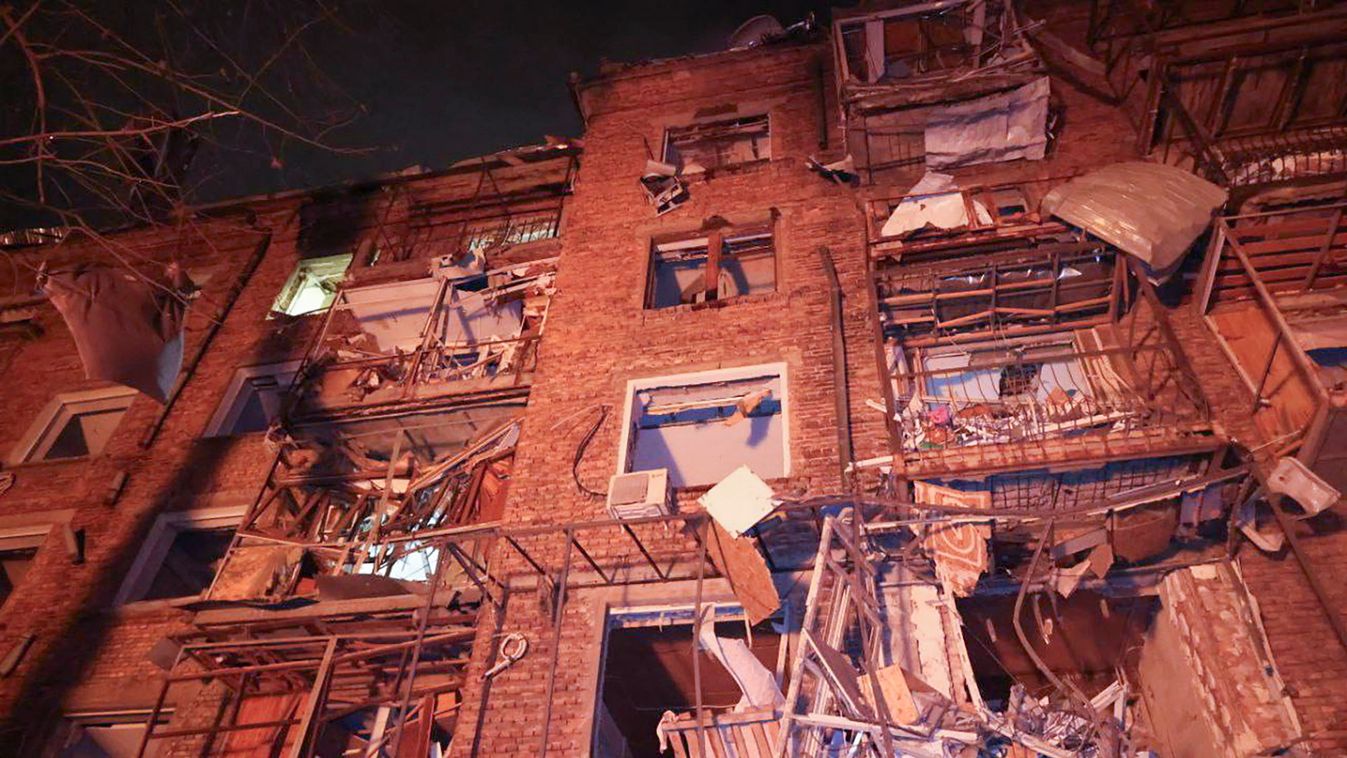


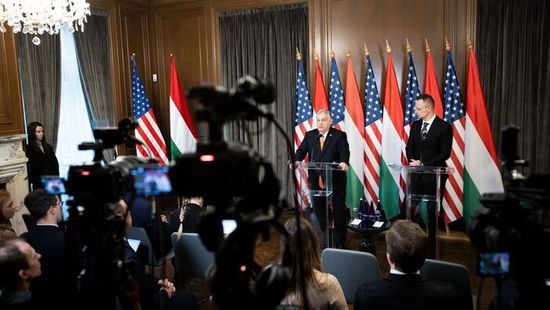
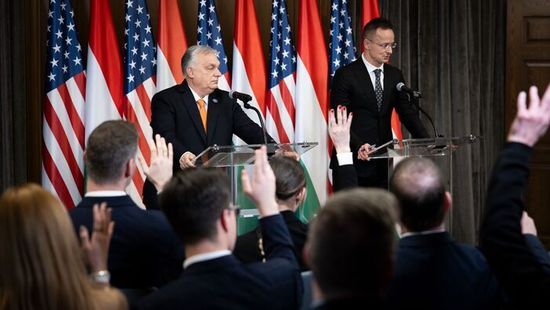




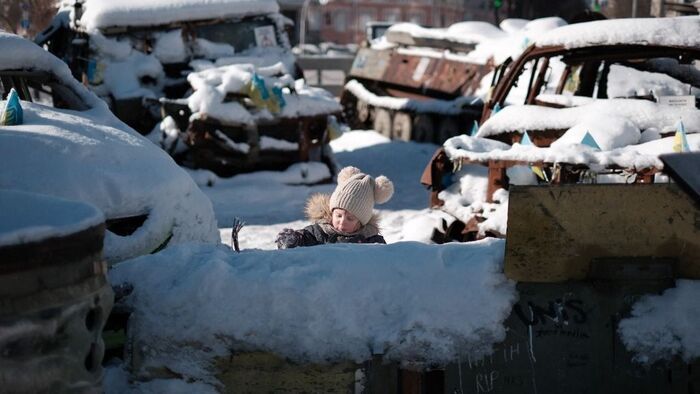

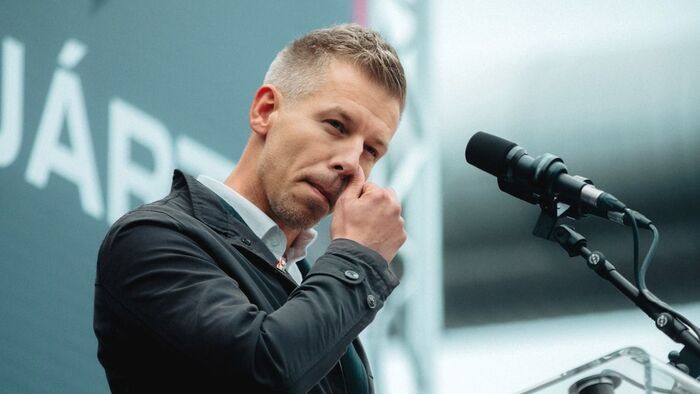
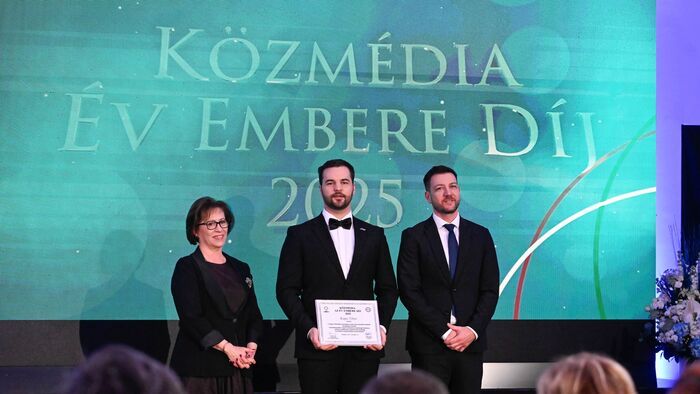
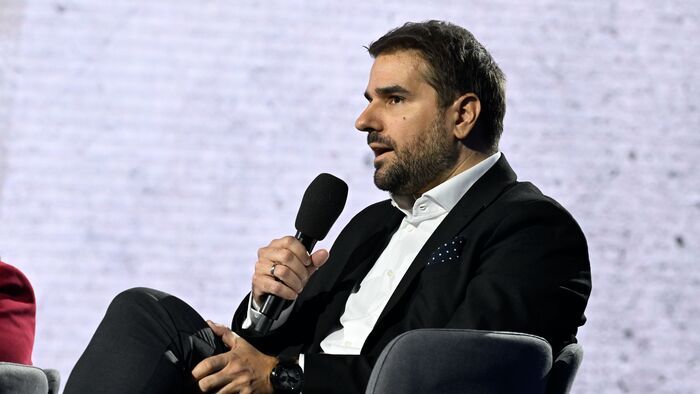
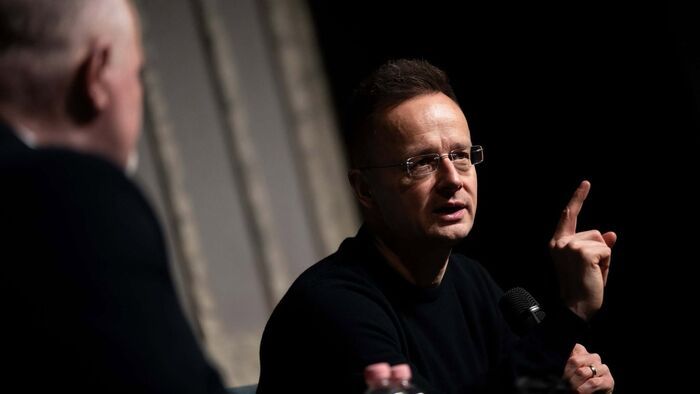
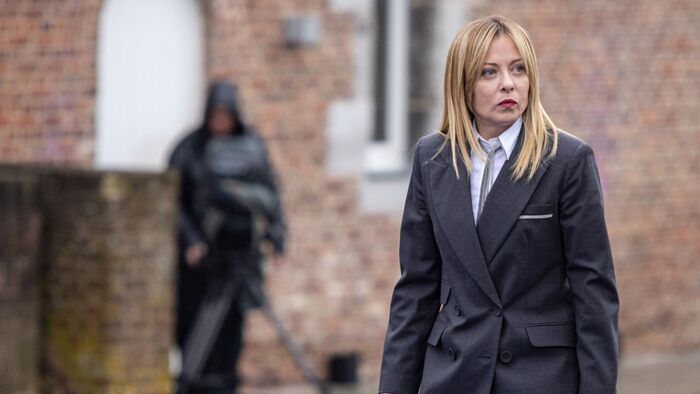

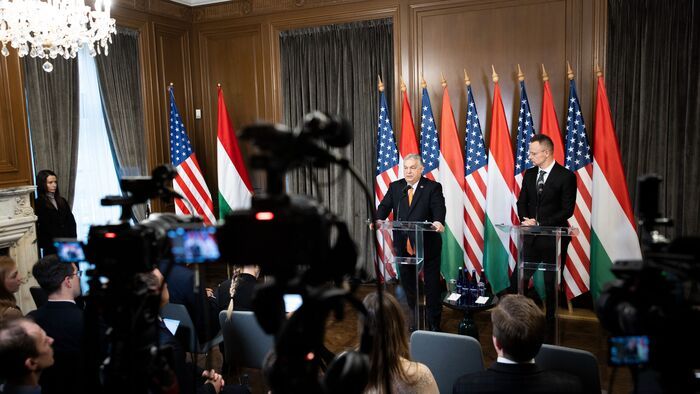


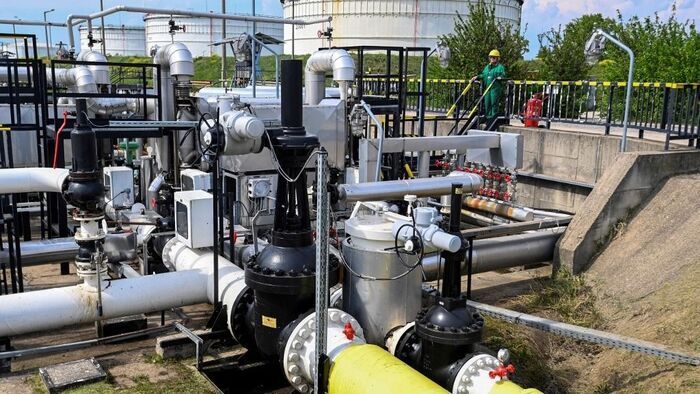


Szóljon hozzá!
Jelenleg csak a hozzászólások egy kis részét látja. Hozzászóláshoz és a további kommentek megtekintéséhez lépjen be, vagy regisztráljon!